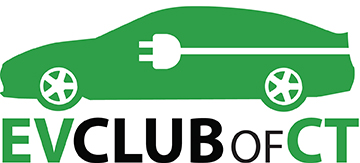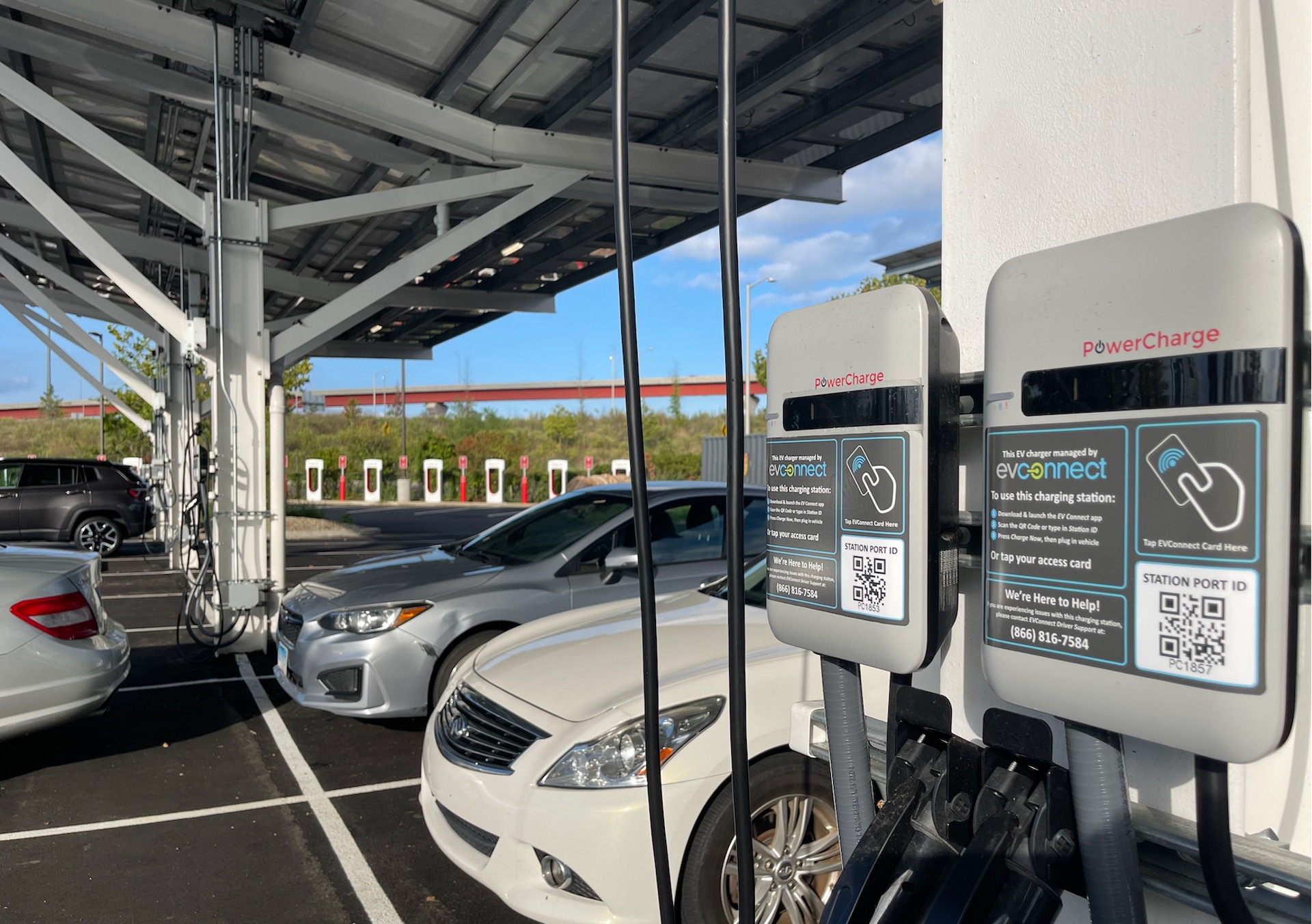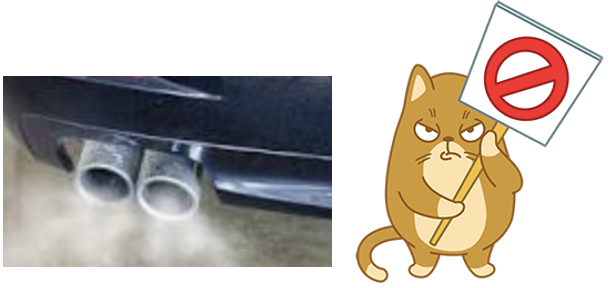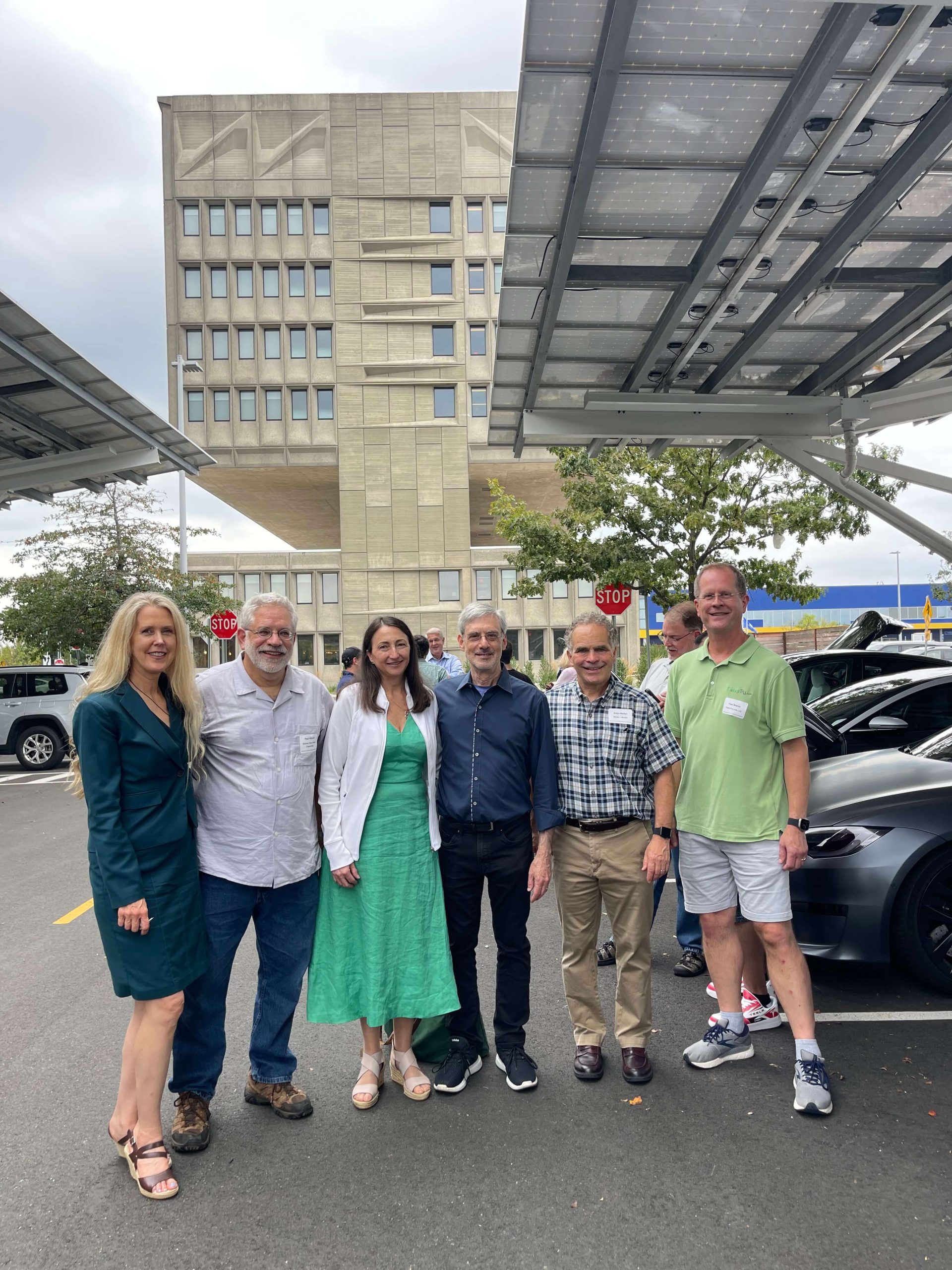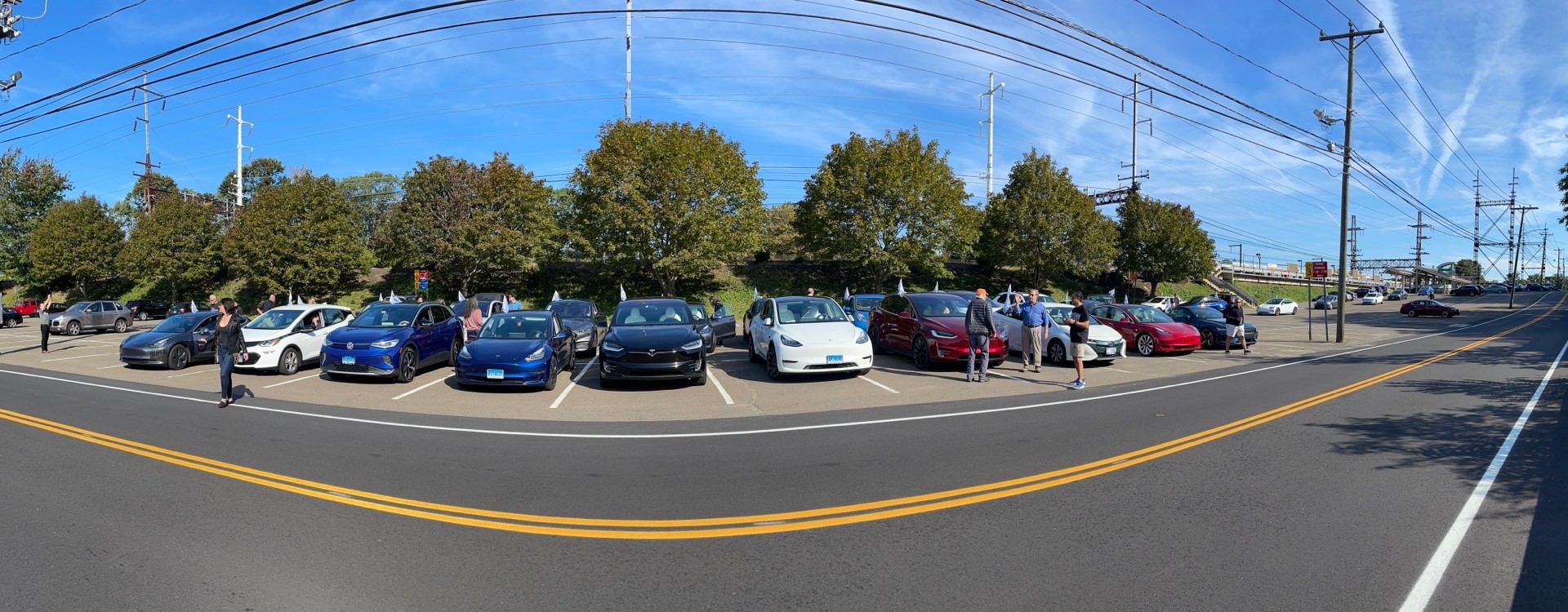A Dishonest and Disingenuous EV Tax
“Big, Beautiful Bill” Imposes Annual $250 Registration Fee The $250 annual registration tax is the mayonnaise on the s**t sandwich that is the reconciliation bill that recently passed the House of Representatives. And, oh yeah, … Read more
